Doubts cast on Berlusconi announcement
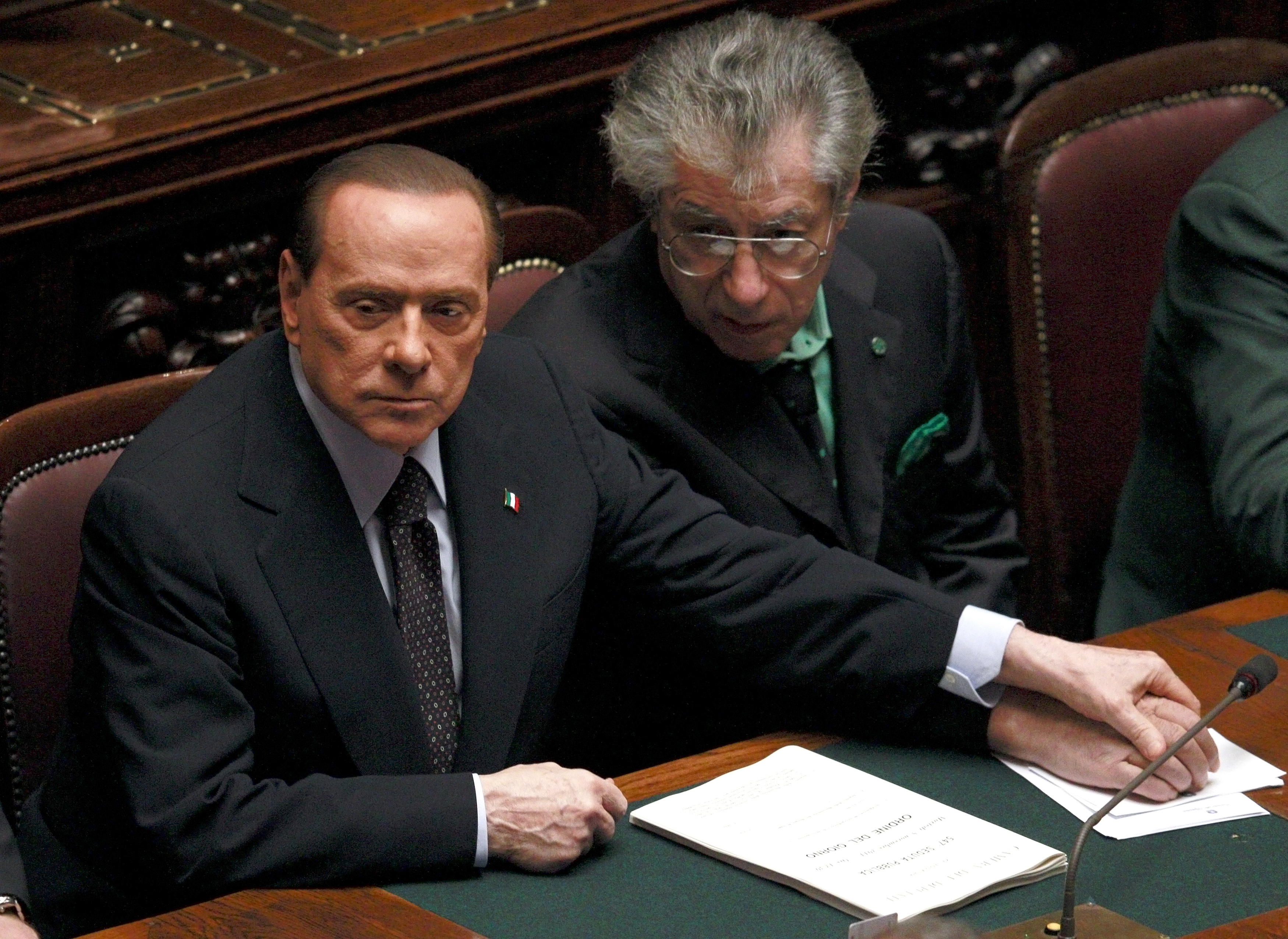
Will he, won’t he? News that Italian Prime Minister Silvio Berlusconi plans to resign was greeted with a mixture of scepticism and delight by the Swiss press.
With ever-growing fears about the ability of the Italian economy to reform and pay off its ever-mounting debts, the “Cavaliere” finally bowed to intense pressure from his European counterparts and announced he would resign following the passage of budget austerity measures through the parliament.
But after a scandal-ridden political career that has spanned nearly 20 years and three governments, few in the Swiss media were ready to call time on the 75-year-old’s grip on power just yet.
“A political animal, often injured, is always capable of getting back up,” noted the Tribune de Genève. “Does this signify the end of an incredible political career? Nobody anymore dares to believe in a forecast so often proved wrong.”
“Berlusconi will still want to keep his finger in the pie and go on having a say in order to continue to elude the judges and to keep the profitable advantages that his media empire enjoys,” said the Basler Zeitung.
And with no clear alternative candidate for the position of prime minister – a fact that has saved Berlusconi in the past – several papers highlighted the uncertainty surrounding the formation of a future government.
Uncertainty
Italian-language daily Corriere del Ticino worried that Italy could waste precious time in the coming weeks in political discussions about the shape of a potential new government that may be formed by Italian President Giorgio Napolitano, or about whether the country will go to early elections in the new year.
The Lugano-based paper wrote that the opposition has been mired in its obsession with the “defenestration” of Berlusconi and as a result had few policies for the country’s much-needed austerity measures. It also noted that as yet, there is no clear candidate for the position of prime minister.
“Italy might pay for these delays at a very high cost because the markets are closing in, and unlike the opposition, they are not necessarily pushing for Berlusconi to go. What they want is any political move that would make Italy more stable and credible from an economic point of view,” the paper said.
Geneva-based Le Temps said although the announcement of Berlusconi’s planned resignation should, in principal, calm the financial markets, “the epilogue of the political adventures of the ‘Cavaliere’ is still not completely written”.
“Silvio Berlusconi could still designate his successor or, as he let it be understood, insist on early legislative elections,” the paper said.
Successor
Scepticism did not prevent some papers from speculating about Berlusconi’s successor.
The Zurich-based Tages-Anzeiger said that the “most democratic” option would be for President Napolitano to form a government led by a member of Berlusconi’s conservative party, which won the most seats in the 2008 elections.
But: “Their proximity to Berlusconi is their biggest handicap. If one of them is appointed, Berlusconi would probably still be present in the background.”
The paper suggested former European Union commissioner Mario Monti – an economics professor with no party affiliation and a favourite of the financial markets, the International Monetary Fund and EU leaders – could emerge as a consensus candidate for the position of prime minister.
“Almost the entire opposition seeks this alternative because they are afraid of early elections. But that’s not enough for a stable majority. The question is therefore whether a few dozen MPs from Berlusconi’s previous win can form an emergency government of national unity.”
“Finalmente!” read the headline in the Neue Zürcher Zeitung’s editorial which said that Berlusconi had “belatedly realised that his struggle to maintain power has been lost”.
“The task for President Napolitano is to organise new elections or to find a personality that manages to form a new majority and implement a serious reform programme to remedy the structural problems of the country and regain the confidence of financial markets.
“Without Berlusconi, the outlook for Italy is undoubtedly better.”
Ridicule
Several papers noted that in the end, it was not the Italians that brought Berlusconi down, but pressure from EU leaders who had “humiliated” him in recent weeks for his handling of Italy’s economic problems.
As such there was little love lost for the outgoing Italian leader, with papers not hesitating to mention the ongoing sex scandals and allegations of business fraud which have dogged the aging prime minister.
The Neue Zürcher Zeitung said that “mocking” pressure from the leaders of France and Germany, combined with the recent downgrade of the country’s credit rating and yields on Italian government bonds reaching record highs had forced the prime minister to step down.
Continuing the mocking tone which has blanketed the Italian prime minister from all quarters in recent weeks, editor of the Berner Zeitung Andreas Saurer noted that Berlusconi, with a CD of “tearjerker love songs” due out in two weeks, would now have more time for his music.
“At least since [French President Nicolas] Sarkozy made fun of Berlusconi before the world’s cameras on October 23, the entertainer, womaniser, entrepreneur and head of government all in one has been officially certified as a continental, even a global, joke,” wrote Saurer.
Italy is Switzerland’s second-most important trade partner.
It is the third-biggest importer and second-biggest exporter to Switzerland.
In 2009 Switzerland imported goods worth SFr18 billion ($18.22) and exported goods worth SFr15.8 billion.
In the crisis year of 2009 trade fell by 16%, but it started to recover again in 2010.
Switzerland is the sixth-largest foreign investor in Italy, while Italy is the ninth-largest foreign investor in Switzerland.
(Source: Swiss economics ministry)
(With input from Federico Bragagnini)

In compliance with the JTI standards
More: SWI swissinfo.ch certified by the Journalism Trust Initiative
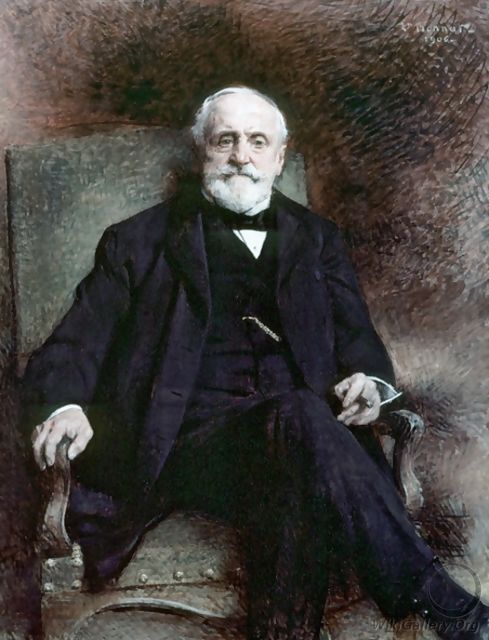
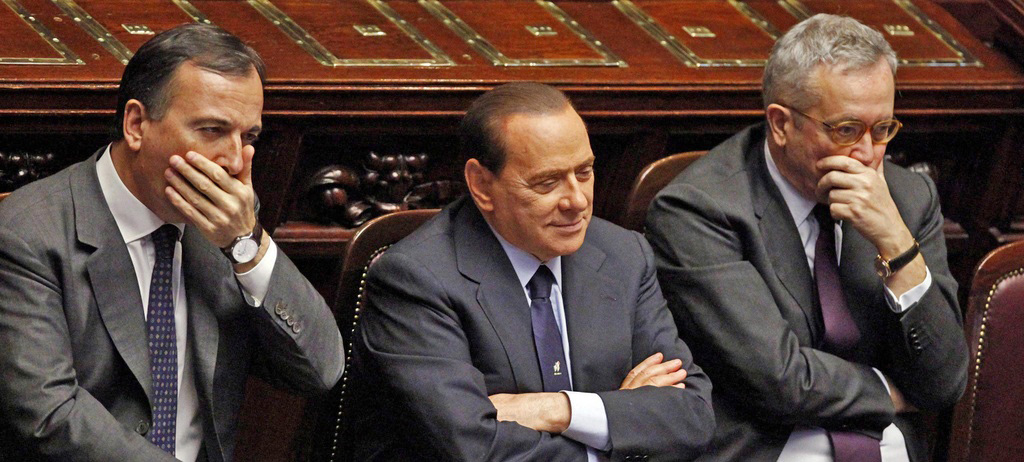
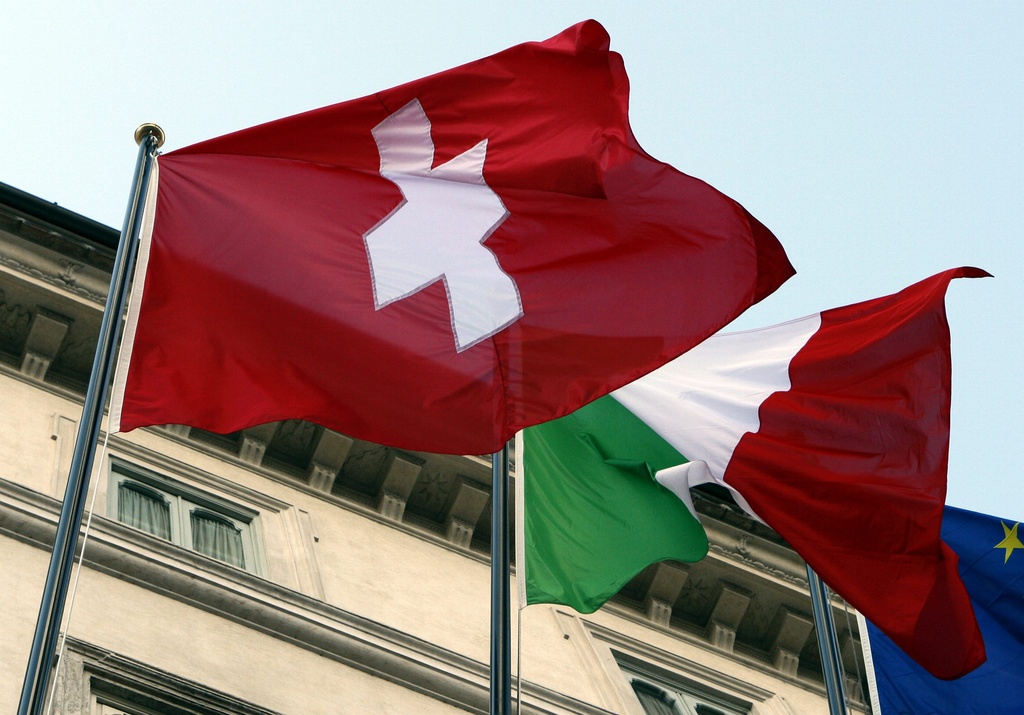
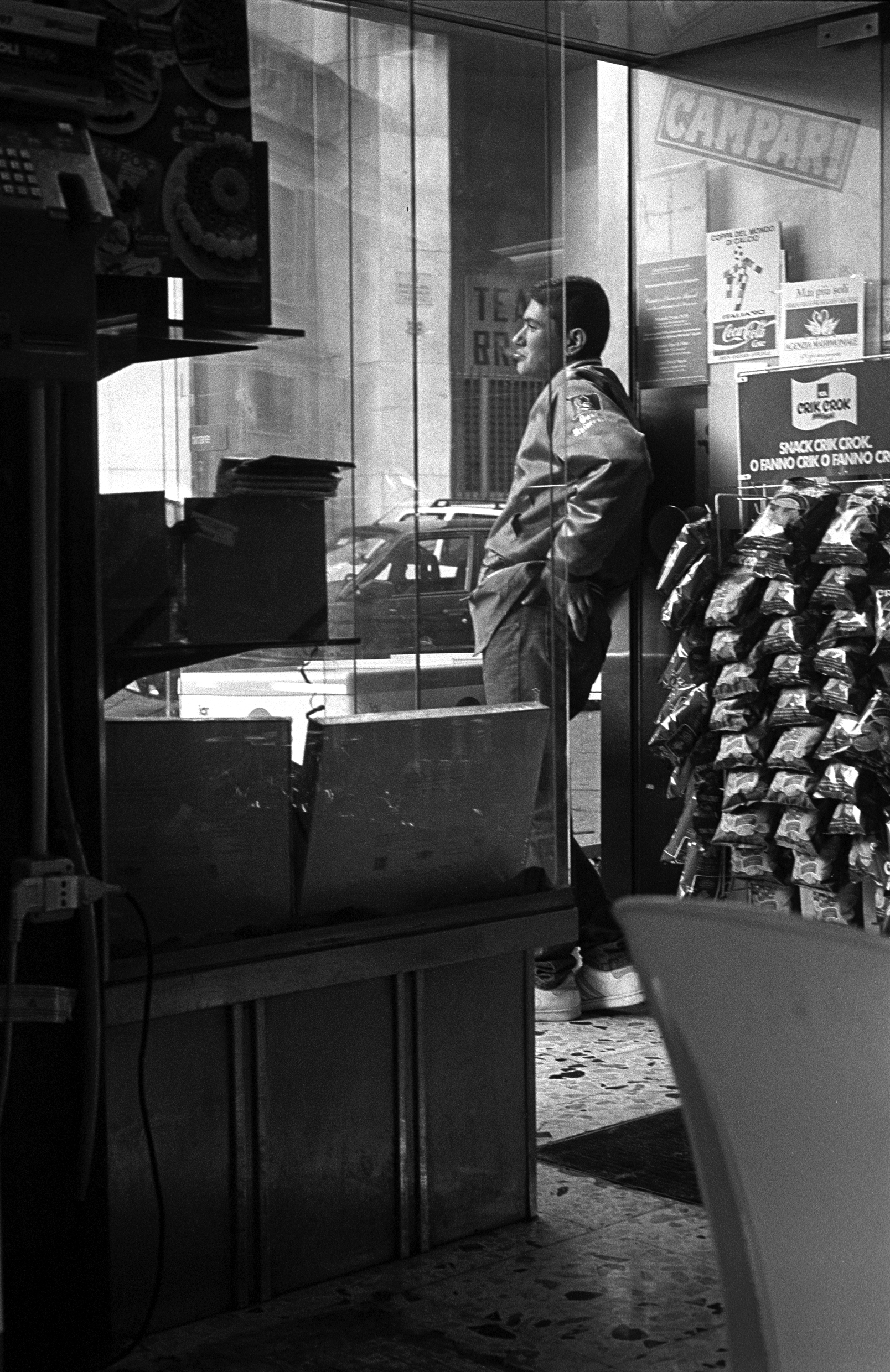
You can find an overview of ongoing debates with our journalists here. Please join us!
If you want to start a conversation about a topic raised in this article or want to report factual errors, email us at english@swissinfo.ch.